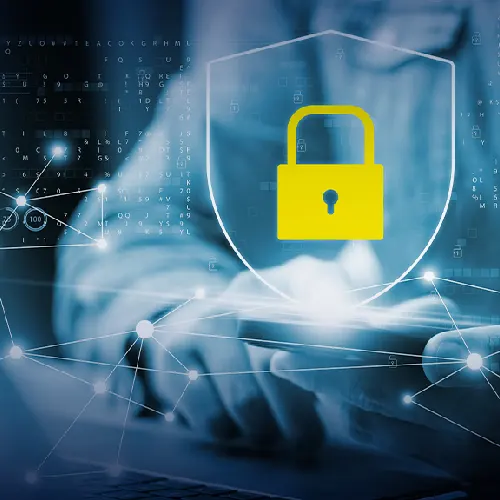Secure Online Banking
- Don't connect to public Wi-Fi for performing banking transactions.
- Always use an updated browser.
- Always close the Internet Browser window once you have logged out of the Internet Banking site.
- Disable AutoComplete or Remember Password options in the Internet Browser while accessing Internet Banking systems.
- Don't visit suspicious sites or follow any of their instructions.
- Make sure that a "locked" icon is displayed at the top of the screen or when (https: //) appears in the address line, This is often referred to as a ‘secure session’.
Secure your E-mail
- Change your email password frequently.
- Avoid opening attachments from people you don't know until you scan the file with antivirus software.
- Always be wary of unsolicited emails offering large sums of money.
- Don't give out your Card number, PIN or account information through unsolicited emails.
- Be careful with any email that requests urgent personal or financial information.
- Don't send personal information to the bank by email.
Secure your mobile phone
- Never disclose sensitive information over the phone to any person claiming to be a bank’s employee.
- Always stay alert and keep yourself updated about the latest scams.
- Block the number when you identify a fake caller.
- Install apps only from the official app store.
- Avoid keeping personal information on your mobile.
- Don't Respond to a voice mail or calls that ask you to go to a website or call a phone number to resolve an account problem.
Secure your computer
- Always install the latest Operating System patches and service packs.
- Always keep your anti-virus software up-to-date.
- Use personal firewall software on your PC.
- Don't store passwords on your computer.
- Never insert computer media that you do not trust into your computer.
- You should always scan files on shared media before copying or opening them.
Please report any suspected privacy abuses or other related security issues to (800 124 8000)


